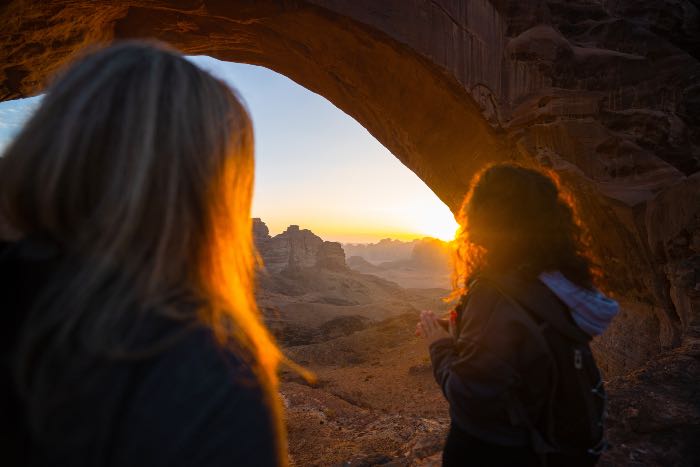
For Sunday
Proper 16A
Collect
Grant, O merciful God, that your Church, being gathered together in unity by your Holy Spirit, may show forth your power among all peoples, to the glory of your Name; through Jesus Christ our Lord, who lives and reigns with you and the Holy Spirit, one God, for ever and ever
Amen.
Reading
Reflection
This feels like a pop quiz, doesn’t it? The professor asks: Who do people say I am? That’s a simple enough question, I suppose. Just collect what we’ve heard. Then he asks Who do you think I am? Now we’re on the hook.
This passage is famous for what it seems to affirm: that Jesus actually is the Messiah. It is also famous for setting up Peter as Jesus’s #2. This, however, is a bit too utilitarian. While these things are true about it, they don’t seem to reflect what people would take from this, outside of tradition.
It is much more significant that this happens after Jesus’s encounter with Canaanite woman, which we read last week. And what happens in the space between our lectionary readings.
Before Jesus visits the borderlands, he thinks his mission is to save the people of the House of Israel. But now, it seems like the question of who is being saved is expanding. Not to people in the family by blood, only. But to people willing to be part of God’s new dream for humanity.
After last week’s passage, Jesus is confronted by religious leaders again. This time, they demand Jesus offer them a sign. Something to prove he’s the real deal. Jesus berates them for ignoring the signs already there and expecting a tailor-made sign just for them. That, as we know, is not how it works.
When Jesus asks who they think he is, it is after they’ve seen the signs. And after we, the reader, have seen the leaders chastised for ignoring them.
This isn’t a story of Jesus’s Messiahness or Peter’s awesomeness. It’s about daring to see in the signs the work of God in our midst. And realizing it has something to do with us.
